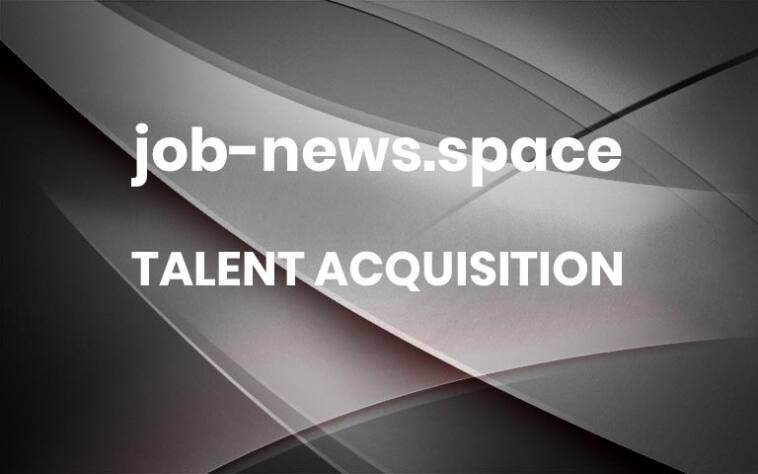Tech Candidate Spotlight – James Turner, Senior Mobile Engineer
Can you share a little bit about your educational background?
I have a Bachelor’s in Computer Science from Hampshire College. I also have 40+ years of self-learning new technologies as I worked in the tech industry. My BA has had the biggest impact on my career. I was able to spend a year working at the MIT AI lab and LISP Machine Incorporated as part of my degree. That gave me a big step up in entering the workforce.
Related: Ready to Start Programming with AI? A Quick Guide for Software Engineers
What would you like to learn more about?
I’d like to get better at 3D design and CAD. I specifically want to learn more about and become proficient in using Blender to do organic designs and animation poses. Outside of tech, I’d like to get better at welding!
What led you to pursue a career in tech?
I’ve been interested in computers ever since I got to play with one at the Boston Museum of Science. Later, in high school I had the chance to work with PDP-8s. I quickly fell in love with programming. I became so interested that my advisor threatened to cut off my access so I would concentrate on my other subjects!
How has your skill set evolved throughout your career?
When I first started, FORTRAN and Pascal were the cutting-edge languages. C was the newcomer. I had an advantage in that I learned LISP as one of my early languages. When OOP came along later, I was already familiar with the idea. The big change has been the cutover from monolithic architectures to distributed ones. And of course, mobile was an entirely new domain to become proficient in.
Related: What are the Best Programming Languages to Get a Software Developer Job? (Video)
If you chose to specialize in one area, what was it and why?
I’ve always been a generalist, able to do client, server, or now, mobile work. I have also spent time doing system admin, teaching, and video production. I tend to specialize for a portion of my career but still keep a broad outlook.
Is your new role different from previous ones?
It’s another mobile position, but in a brand new industry for me (real estate management). It’s also a strange mix of a startup with very deep pockets.
What are you most excited about in your new role?
It’s a chance to revolutionize a stagnant industry with new technology and a new outlook on the renting experience. I’m also thrilled to be a part of a greenfield development effort, which is something I love to do. The people I have talked to at the company have also been a lot of fun.
What was your job search experience like before you joined Hired?
I would post to job boards, apply to anything that looked promising, and try to connect with one or more recruiting firms that seemed to be interested in working with me. Then rinse, lather, and repeat.
What’s your best advice for jobseekers on the Hired platform?
Get your resume in shape and spend the time to at least run it through some of the resume-tuning tools online. Because you don’t tailor your resume to each position on Hired, make sure that what you’re presenting is a good match for the kind of jobs you want.
Related: Get Employers’ Attention: How to Craft an Effective Hired Jobseeker Profile Headline
What would you tell someone who’s curious about Hired?
Hired has consistently delivered high-quality opportunities for me, without spamming me with poor matches. The last two jobs I landed came from Hired, and they made a point to keep me in the loop through the entire process.
Any general advice you’d like to give other tech professionals?
Keep your skill set fresh and play with the tech for fun. If you don’t have some Raspberry Pis, get some. They are cheap and you can find a million uses for them. The people in the industry who do best are the ones who don’t walk away from the tech when the work day is done.
Thanks for sharing, James! Looking for a tech or sales role? Complete your free Hired profile today!
Looking for tech talent like James? Get a customized demo.
About Flow
Flow is transforming the residential rental experience by bringing together the worlds of community, real estate, property management, and financial services. Founded in 2022, Flow has 51-200 employees and is headquartered in New York. More



